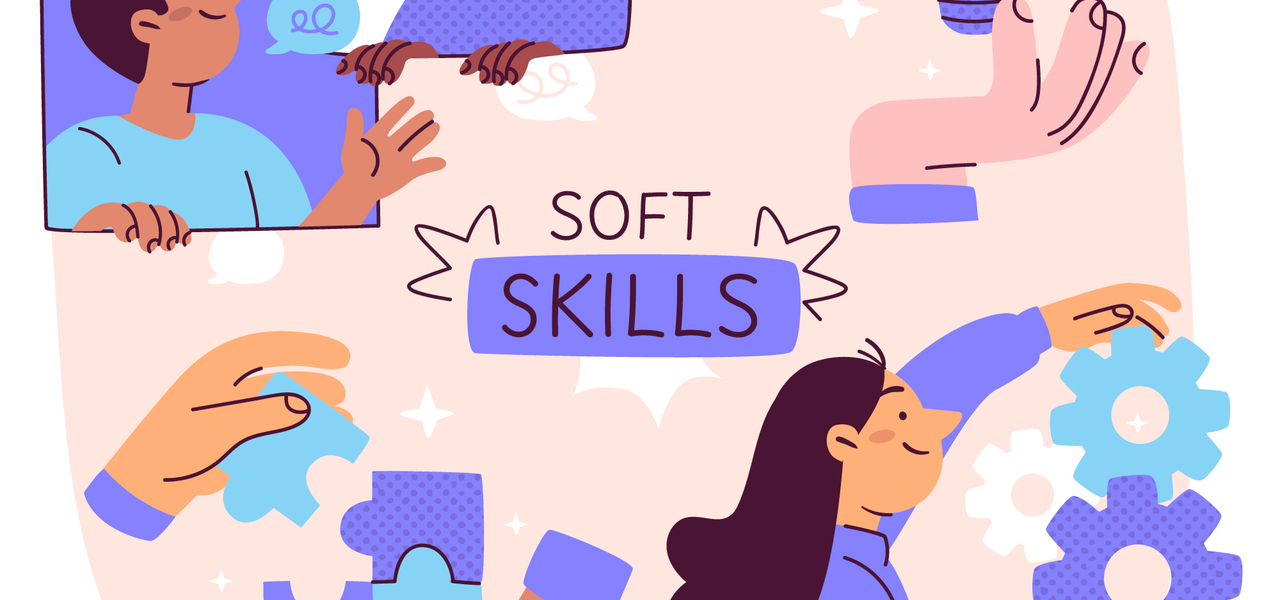Soft skills are the new hard skills. That’s not a catchy phrase; it’s a reality many organisations are waking up to. As businesses become more collaborative, remote, and fast-paced, technical knowledge alone isn’t enough.
Today’s best-performing employees combine their expertise with the ability to communicate, adapt, lead, and work well with others.
But here’s the challenge: while technical skills often get the spotlight during hiring and training, soft skills tend to be assumed or overlooked entirely.
And when things go wrong, missed deadlines, poor teamwork, and employee disengagement, it’s usually the soft skills that are missing.
So why does this shift matter? And what can organisations do to bridge the gap?
Let’s unpack it.
Why Soft Skills Matter Now More Than Ever
We’ve all worked with someone who knew their job inside out but couldn’t explain their ideas clearly, or someone whose technical brilliance was overshadowed by their inability to collaborate. In the modern workplace, those gaps cause real friction.
Soft skills, like communication, emotional intelligence, teamwork, and leadership, are what make technical skills usable. They help teams function, keep projects on track, and foster a healthy work culture.
LinkedIn’s 2023 Workplace Learning Report ranked communication, adaptability, and collaboration among the most sought-after skills by employers.
When remote and hybrid teams are involved, the need for clarity, trust, and emotional intelligence multiplies. A good coder who can’t navigate virtual teamwork? That’s a productivity risk. A top performer who can’t accept feedback? That’s a cultural time bomb.
This is why companies across industries are shifting their focus, not away from hard skills, but towards a more balanced view of what it takes to succeed.
It’s Not Either-Or. It’s Both.
There’s a misconception that soft skills are "nice to have" while hard skills are "must-haves." But the truth is, both are essential.
Take a field like data analysis. Yes, you need to know your numbers, tools, and platforms. But you also need to communicate your insights, persuade stakeholders, and adapt when business needs shift.
In leadership roles, the balance is even more critical. Technical skills might get you promoted, but it’s your people skills that help you thrive once you’re there.
Companies can create more resilient and agile teams by treating soft skills and hard skills as complementary, not competing. They help in building complete professionals, not just competent ones.
What Organisations Can Do Differently
If you want employees who are technically sound and emotionally intelligent, you need to train for both. And the good news is, soft skills can be developed. But it requires intention.
Here are a few ways to get started:
1. Make Soft Skills a Core Part of Training
Don’t just offer communication or leadership workshops as optional extras. Integrate them into your professional development plans.
Pair technical training with modules on presenting, listening, or conflict resolution. Employees should see these as part of their growth path, not separate from it.
2. Model the Skills You Want to Build
Leadership sets the tone. If you want a workplace where empathy, openness, and collaboration matter, they have to be visible at the top. That means acknowledging when someone shows growth in those areas, and calling out when they’re missing.
3. Use Feedback as a Tool for Soft Skill Development
Traditional performance reviews tend to focus on KPIs and tasks. Make space for feedback on communication style, collaboration, and how team members contribute to the culture. Harvard Business Review highlights how feedback loops improve interpersonal dynamics when done well.
4. Tailor Training to Roles and Realities
Not everyone needs the same soft skills to the same degree. A front-end developer might benefit from better cross-functional communication, while a team lead might need more on conflict management or coaching. Context matters.
5. Measure What You’re Teaching
Soft skills can feel “invisible,” but they’re not. Use surveys, peer reviews, and 360-degree feedback to track growth. You’ll be surprised how measurable the impact can be on retention, morale, and even customer satisfaction.
A New Kind of Professionalism
The modern workplace doesn’t reward technical know-how alone. It rewards professionals who can do the job and work well with others. And the best organisations are those that invest in building both sides of the coin.
Soft skills are no longer just a bonus. They’re what help people lead, adapt, collaborate, and grow. By embedding them into your talent development strategy, you’re not just making people “nicer”; you’re making them more capable, more confident, and more ready for the future.
Because in the end, success isn’t just about what people know. It’s about how they use it, with others, in real time, and under pressure.

